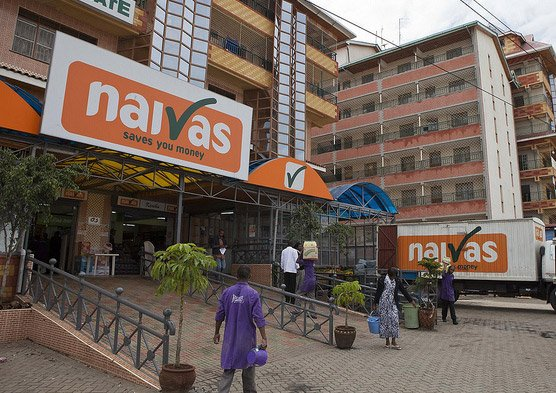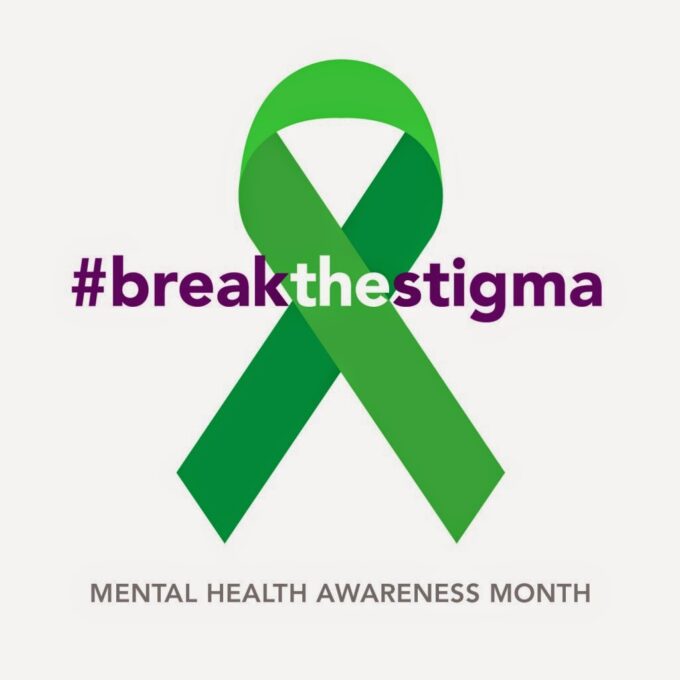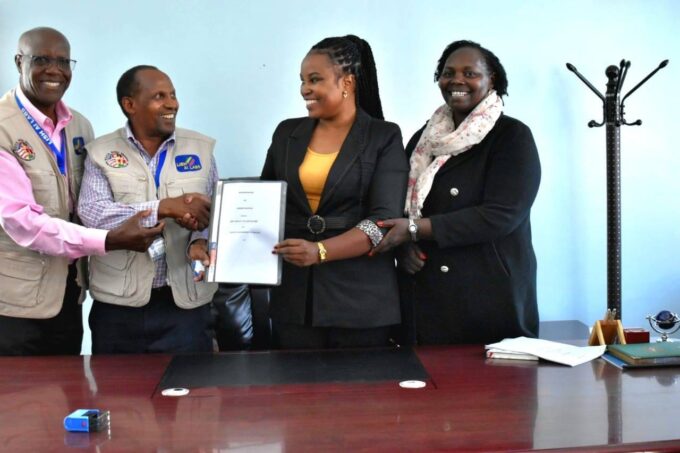At just 21, Mary Wanjohi, a second-year student at Rongo University, has encountered a challenge that many women silently endure: severe menstrual pain, medically known as dysmenorrhea.For Mary, this journey began in 2019, during her Form Two year, when what should have been a milestone of womanhood became a life-altering ordeal.
“I woke up one morning, found blood stains on my pants, and thought it was just part of growing up,” Mary recalls. However, what followed shattered her initial excitement. Intense cramps,so severe they felt like “being stabbed continuously with a knife”,took over her life.

Mary’s first attempt to manage the pain involved over-the-counter painkillers. “I was disappointed because the pain just wouldn’t go away,” she shares. As the days turned into months, the impact of dysmenorrhea extended beyond physical agony, taking a toll on her emotional well-being. Mood swings and irritability set in, creating a wedge between Mary and her friends.
“Whenever I was on my period, I lost interest in everything around me,” Mary says, her voice tinged with frustration. It wasn’t just about the pain; it was the loneliness and misunderstanding that came with it. Her studies also suffered. “I couldn’t concentrate in class, especially during exams,” she adds.
After months of silent suffering, Mary confided in her mother, who encouraged her to seek medical attention. The visit to a gynecologist provided clarity but little comfort. Mary was diagnosed with primary dysmenorrhea, a condition caused by natural chemicals called prostaglandins, which trigger painful uterine contractions during menstruation.
“I learned that many women experience this, but it felt like I was suffering alone,” Mary reflects. Primary dysmenorrhea affects more than half of menstruating women, yet its impact is often downplayed or dismissed as a normal part of being a woman.
Despite understanding her diagnosis, finding effective relief has been a frustrating journey for Mary. “I tried different medications, but even the strongest painkillers stopped working,” she laments. The reliance on medication and its potential side effects left her feeling trapped.
The condition’s social stigma compounded her struggles. “None of my friends seemed to experience the same symptoms,” Mary says, recalling how her peers began to distance themselves. The societal expectation that women should endure menstrual pain in silence added to her frustration.
“Thedre’s this notion that as women, we must just bear the pain,” Mary remarks. “But suffering doesn’t make you stronger—it just makes you suffer.”
Dr. Sauda Farooqui, an obstetrician-gynecologist, highlights the importance of addressing dysmenorrhea openly. “Many women suffer quietly due to lack of awareness or fear of judgment,” she explains, emphasizing that seeking medical support is crucial.
Mary has taken these lessons to heart, becoming an advocate for open conversations about menstrual health. She participates in workshops and discussions aimed at educating peers about dysmenorrhea and the importance of seeking medical help.
“We need to create an environment where women can talk about their experiences without shame,” Mary asserts. She envisions a collective effort involving healthcare providers, researchers, and community leaders to address menstrual health issues effectively.
Her journey has not only transformed her perspective but also fueled her passion for empowering others. Mary hopes to inspire fellow students to break the stigma surrounding menstrual health and seek the support they need.
“Many women suffer in silence because they are told it’s normal,” she says passionately. “It’s time we change that narrative.”
As Mary continues her studies, she remains optimistic about finding better management options for dysmenorrhea. Her story serves as a powerful reminder of the need for greater awareness and support for menstrual health issues.
By sharing her experience, Mary hopes to shine a light on the silent struggles of many women and inspire a culture of understanding, empathy, and action. Because no one should have to face dysmenorrhea alone.












